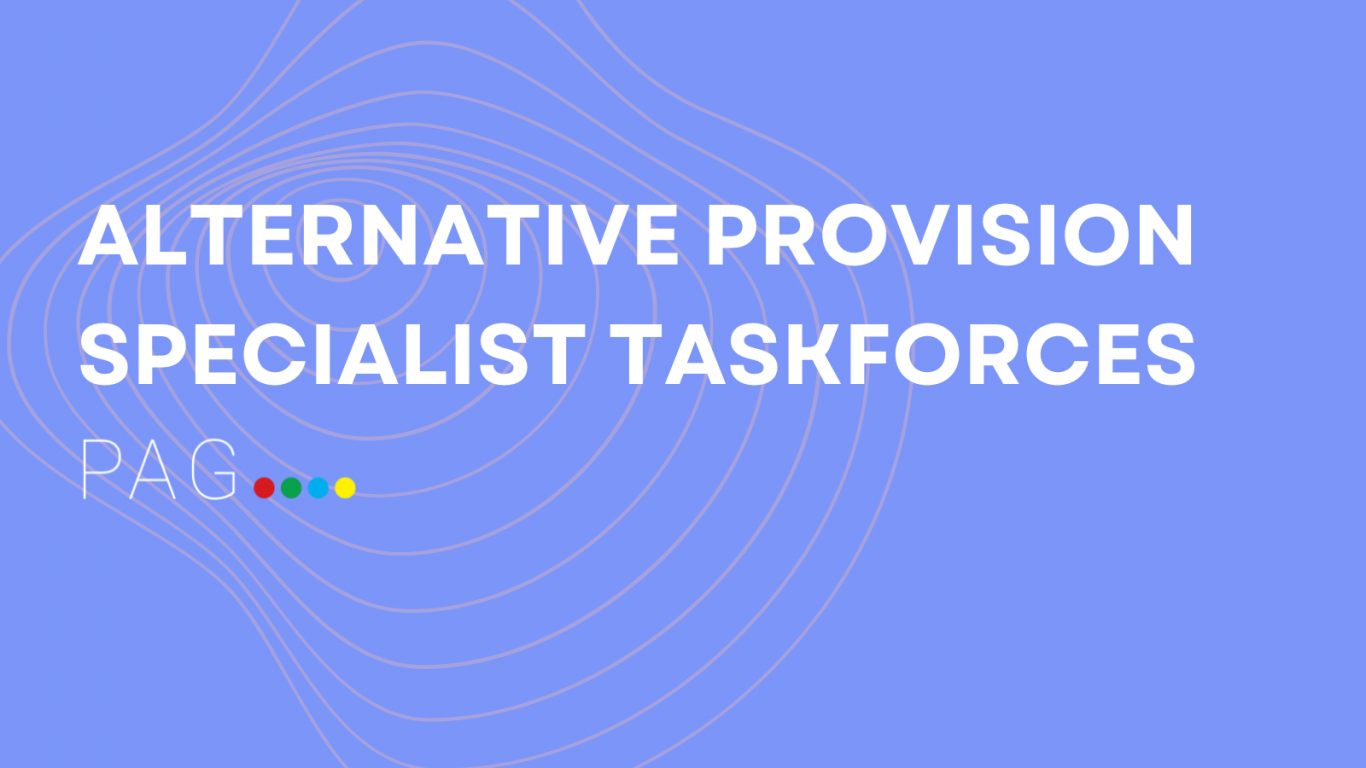Alternative Provision Specialist Taskforces (APST)
The Department for Education (DfE) has embarked on a transformative approach to support vulnerable young people at risk of exploitation, gang involvement or serious violence, or falling out of education or employment through the introduction of Alternative Provision Specialist Taskforces (APST). This initiative aims to keep these individuals engaged in their education, steer them away from potential paths into crime, and assist them in progressing to further education, employment, or training.
The introduction of alternative provision specialist taskforces
The APST program, which started by rolling out in 21 areas across England, including London, Manchester, and Birmingham, provides targeted, multi-disciplinary support directly within alternative provision settings. With a substantial backing of £15 million from the Treasury’s shared outcomes fund, this two-year scheme deploys experts—such as mental health professionals, family workers, and speech and language therapists—to offer intensive support tailored to the unique needs of each young person. The program is designed not only to keep pupils engaged in education but also to prevent them from drifting into gang activity or serious crime. This is part of a broader commitment laid out in the government’s beating crime plan and is expected to significantly contribute to the welfare and safety of communities and the individuals it serves.
Complementing the APST initiative is the SAFE (Support, Attend, Fulfil, Exceed) programme, a three-year project focusing on 10 serious violence hotspot areas with an investment of £30 million. It targets reducing truancy, improving behaviors, and minimising the risk of young individuals failing to transition into further education, employment, or training (NEET). This endeavor illustrates a concerted effort to address the challenges faced by vulnerable young people at multiple levels.
The role of an APST
The project embeds a team of specialists within alternative provision schools to address serious youth violence and improve pupil outcomes. This initiative, funded by the HM Treasury Shared Outcomes Fund, involves cross-governmental support and aims to offer a holistic approach to the challenges these young people face. By integrating services such as mental health support, educational psychology, and family support within the school setting, the initiative seeks to create a more accessible and effective support system for students and their families.
Personal testimonials from professionals involved in alternative proviion specialist taskforces highlight the program's positive impact on children's lives. By providing holistic and integrated support, APST has been able to address the complex needs of children in alternative provision, helping them to rebuild trust in services, engage more fully in their education, and access the support they need to thrive.
APSTs and the future
The APST initiative represents a vital step forward in supporting vulnerable young people, offering hope and practical assistance to those who may otherwise have been left behind. Its success will depend on the continued collaboration between education, health, and social services to provide the comprehensive, child-centred support these young people need to navigate their challenges and achieve their full potential.
With the DfE recently giving the green light to a swathe of new alternative provision schools across the country as part of its recent free school wave 3, the role of an alternative provison specialist taskforce will only icrease, reaching more pupils and families in need. It remains to be seen what impact, if any, these new interventions willhave on attainment numbers, crime figures, or employment data, but a more holistic, all-encompassing approach to ensuring young people are kept safe, out of trouble, and on the path to gainful training and employment can only be a good thing.
